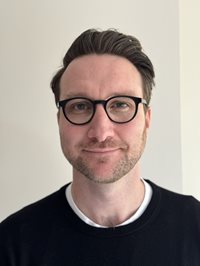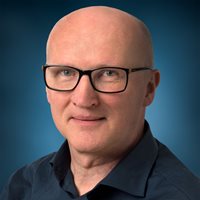ESTRO meets Asia 2024 Congress Report
Adaptive radiation therapy (ART) was first proposed by Yan et al. in the late 1990s. There are several timescales of ART, including offline, online and real-time. This session was focused on online ART and workflows that have been developed in recent years.
The first speaker covered lessons learned from online ART, including accuracy and staffing requirements, and made some predictions as to the applications of ART. Online ART has been demonstrated to be accurate through a multitude of published studies such as end-to-end tests, patient-specific quality assurance and quantitative assessments of workflow steps, e.g., autocontouring.
The concept of SimLess radiotherapy has been gathering attention among radiation oncologists. This process can involve the removal of the dedicated simulation scan and its replacement with diagnostic imaging. This change reduces the burden on the patient and healthcare system. It was highlighted at the conference that the use of online adaptive ART enables this approach as in this case the reference plan is never actually used to treat the patient.
The second speaker showed that full adaptation with recontouring and replanning is not always necessary and that the use of simpler adaptation strategies, such as ‘adapt to position’ and ‘adapt to rotation’, can be equally effective while taking considerably less time. The main benefit of online ART lies in the possibility of reducing planning target volume margins, particularly by reducing systematic errors in the preparation phase of the treatment.
The audience was surveyed for their perspectives on online ART, including their thoughts on barriers to its use and the immediate need for research (Figure 1). Most respondents felt that ART clinical trials should be focused on the upper gastrointestinal tract, and prostate and lung cancer. As to barriers and technical areas of research priority, there was agreement that treatment time and cost were seen as barriers and automation and efficiency as desired research areas.

Michael Jameson
Operations manager, GenesisCare, Sydney
Associate professor, University of New South Wales, Sydney
Australia

Uulke Van der Heide
Group leader, NKI, Amsterdam
Professor, Leiden University Medical Centre
The Netherlands
.png.aspx?width=600&height=313)
Figure 1 Results of polling during the session